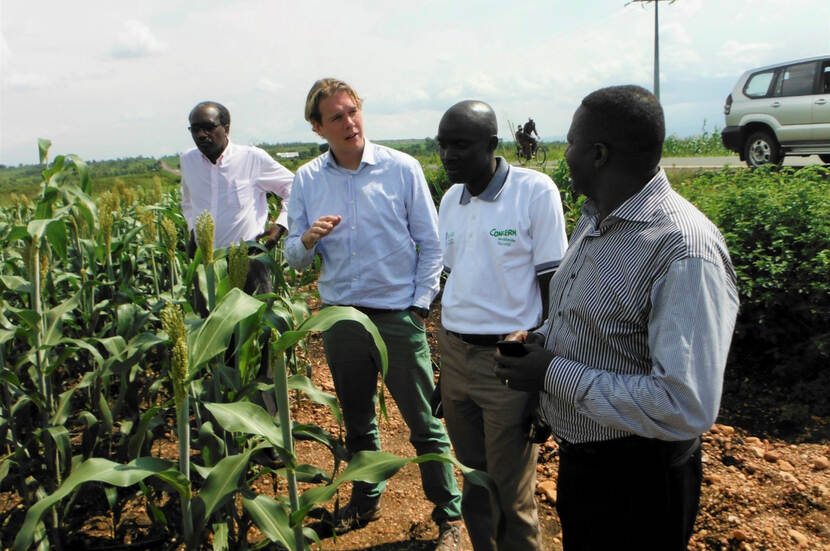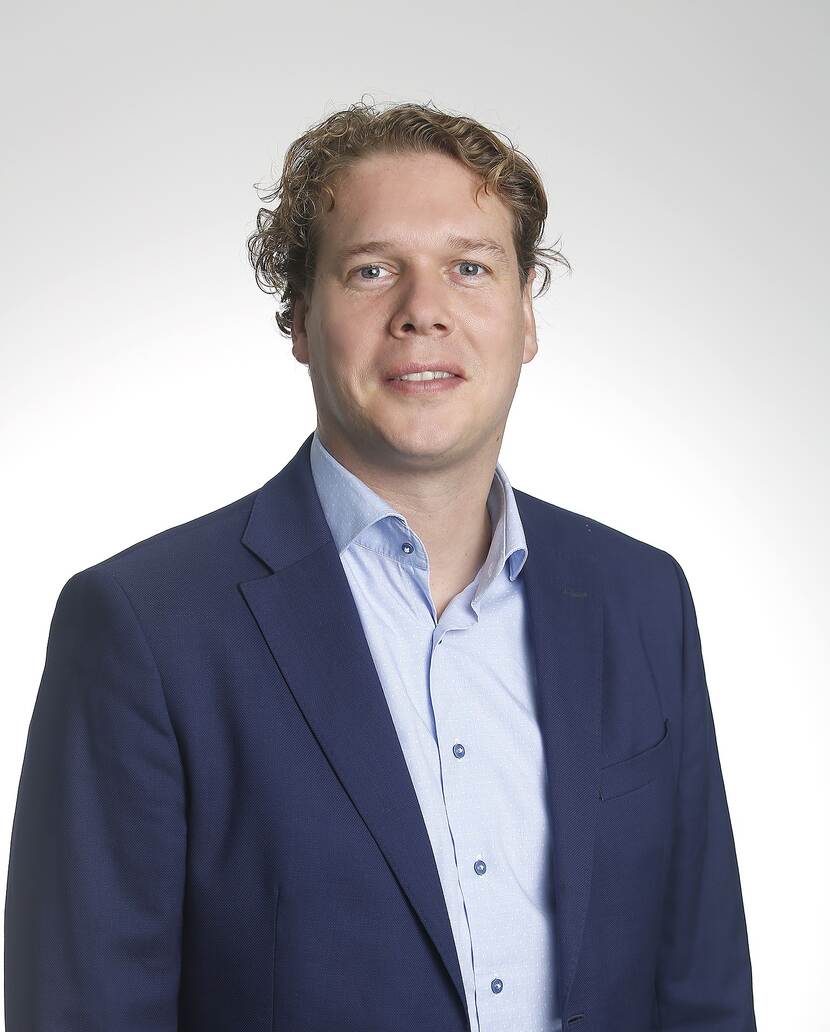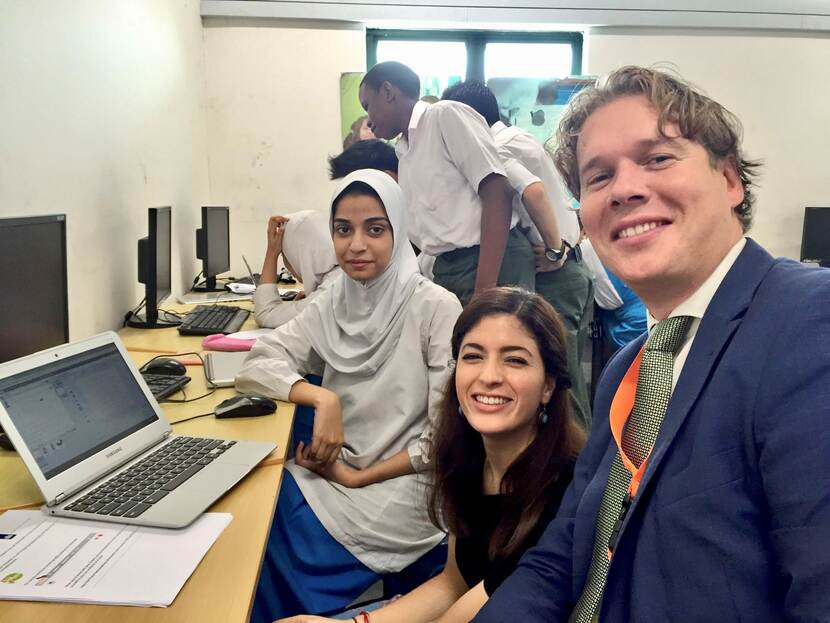Jurriaan Middelhoff: ‘Young people think in opportunities, not problems’
From Malaysia to Panama, to the Balkans: over the last 12 years Jurriaan Middelhoff has worked all over the world for the Ministry of Foreign Affairs. He will be drawing on these valuable experiences in his new role as Ambassador for Youth, Education and Work.

What is your motivation for working for young people?
‘In the Middle East and North Africa more than half the population is under 25. In the southern part of the region this figure is as high as 60-70%. Young people are literally the future, but all too often are not taken seriously. That needs to change. They often know what they want and are full of creative ideas, positivity and passion. That’s really energising!’
What was your take on the world when you were younger?
‘I was interested in all different aspects of the world around me. I worked as a ‘journalist’ for the school paper and was a member of the Children’s Book Week jury. This made me realise that my opinion counted too and taught me the importance of saying what I thought. I’d advise young people now to do the same: seize every chance you have to let your voice and opinion be heard on subjects that matter to you, such as the climate. The voice of future generations should speak the loudest.’

What is your role as ambassador?
‘As ambassador I promote the interests of young people and encourage partnerships between governments, other organisations and young people. I also represent the youth voice at international events and highlight the issues that they put forward. Wherever possible, I like to enable young people to enter into dialogue with global decisionmakers themselves.’
In your previous role you worked on security and stability in the Balkan region. Has this been a big change?
‘Actually, I had some fascinating conversations with young people there, too, for example about the effects of brain drain. More and more young people are leaving the Balkans to seize opportunities in the European Union as there are fewer and fewer prospects in their own countries. They see their friends leaving, but also doctors, IT specialists and plumbers. It’s not only a problem in the Balkans; it’s happening in many parts of the world.’
You’ve also worked in Malaysia, South Africa and Panama. What did those jobs teach you?
‘The importance of young people’s voices. Young people are often good at talking about the issues that affect them. Concerns about the climate, the poor match between education and the labour market and their lack of prospects. These are all important issues young people face every day, but politicians don’t talk about them much. Young people often have very pragmatic and original ideas for resolving these problems, and we should listen to them more.
Nearly every embassy I’ve worked at would regularly hold youth consultations. This gives young people the opportunity not only to share their concerns, but also to propose solutions and creative, out-of-the-box ideas. In the Balkans there is a lot of tension between ethnic groups, for example. Some refuse to engage with each other at all. In the divided town of Mitrovica, young Albanians and Serbs are showing us that making music together can make a difference. At the Mitrovica Rock School it doesn’t matter what the band members’ ethnic background is because they speak the same language: music.’

You’re only the second Ambassador for Youth, Education and Work. What do you hope to achieve in the coming years?
‘My predecessor and the team have created a great basis for me to build on: the Youth at Heart strategy, a toolkit for meaningful participation and a Youth Advisory Commission. We’re also seeing that more and more governments and organisations are realising how important it is to invest in opportunities for young people and listen to their ideas. But it doesn’t happen automatically. It’s my job to help it happen.
I would like seeing things through the eyes of young people to be a standard approach. And for young people to be more involved, and listened to more closely. This will have the effect of automatically raising the political profile of issues that affect them. Not only in the Netherlands, but also in other countries. This is a great way for the Netherlands to lead the way internationally in promote and advance the youth agenda.’
What are you looking forward to the most?
‘I’m really looking forward to working with all the different colleagues, governments and partners who support our endeavours. And, of course, to speaking with young people about not only their concerns, but also the opportunities they see. Because young people are inclined to think in opportunities, not problems. Their positive energy is enormously inspiring.’